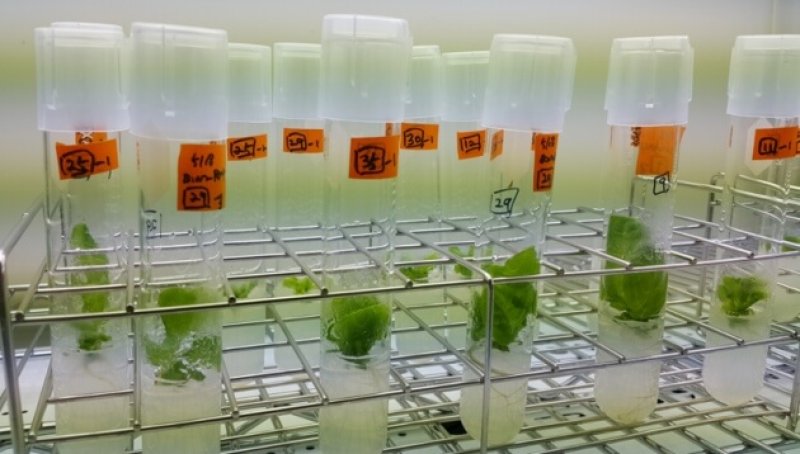CRISPR–Cas9-edited plants can be cultivated and sold free from regulation, the US Department of Agriculture (USDA) is making increasingly clear. The agency gave a free pass to Camelina sativa, or false flax, with enhanced omega-3 oil. And more recently, in October, said that a drought-tolerant soybean variety developed with CRISPR falls outside of its regulatory purview. This laissez-faire attitude from the agency shaves years and tens of millions of dollars off the cost of bringing a biotech plant to market.
…
It would have taken Yield10 at least six years and $30–50 million to test and collect the data necessary to bring genetically engineered camelina through the full USDA regulatory process, says Peoples. “We did this in two years and [USDA’s decision] took two months, and I assure you we didn’t spend $30 million on it,” he says. The company will present its technology to the US Food and Drug Administration’s voluntary review process, he says.
…
The edited camelina and the drought-tolerant soybean developed by scientists at USDA’s research arm are two of at least five CRISPR–Cas9-edited organisms to sidestep USDA’s regulatory system in the last two years.
Read full, original post: With a free pass, CRISPR-edited plants reach market in record time
































